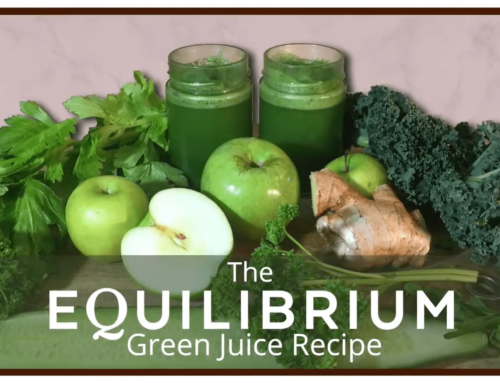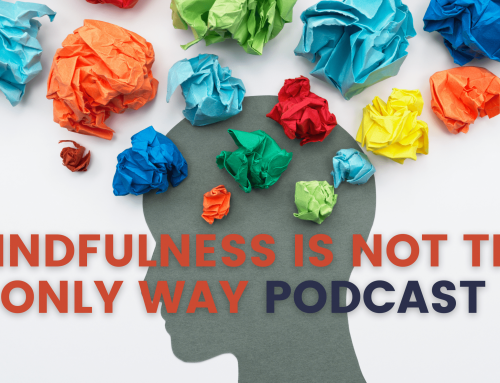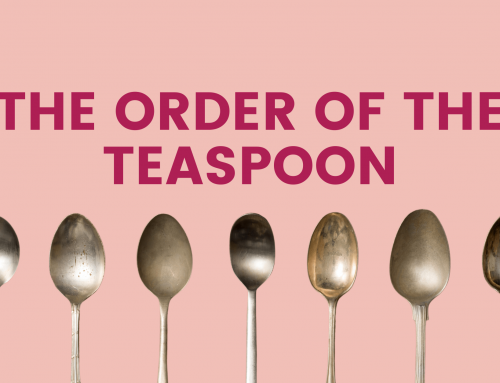SumoSalad’s resident nutritionist Ashleigh James gives her tips on healthy eating and wellbeing
You might not be surprised to hear unhealthy dietary habits are a major contributor to many common chronic diseases, including cardiovascular disease, cancer and diabetes. You might however, be surprised to learn how much a poor diet also plays a major role in mental disorders, including depression and dementia. There is now extensive research that shows how a healthy diet is inversely related to the risk for both depression and cognitive decline.
Higher intakes of nutrient-dense foods, such as vegetables, fruit, whole grains and fish, are associated with a reduced prevalence and risk for depression and mental disorders, whereas dietary patterns higher in saturated fats and refined carbohydrates — a Western-style dietary pattern — are strongly associated with increased depression and depressive symptoms.

The major players that contribute to mental disorders include inflammation, oxidative stress and a compromised gut microbiome, as well as the dietary affect on the hippocampus, a brain structure associated with learning, memory, mood regulation, and is specifically implicated in depression.
Foods have a major effect on all of these, with foods high in saturated and trans-fat, sugar and salt promoting a highly acidic environment in our body which breeds inflammation and negatively affects the hippocampus.
On the other hand, foods such as omega-3 fatty acids (oily fish such as salmon and sardines, walnuts, sesame seeds, chia seeds, pepitas, sunflower seeds, chickpeas and beans) flavonoids (edamame, seeds, walnuts, broccoli and beans) resveratrol (onions, lettuce, broccoli, quinoa, sweet potatoes, tomatoes, turnip greens) and polyphenol found in red grapes and other fruits, stimulate neurogenesis, reduce oxidation, inflammation and positively affect our hippocampus.
THIS IS AN EXTRACT FROM SUMOSALAD’S BLOG POST, WITH SPECIAL PERMISSION FROM SUMOSALAD
For more tips on health, wellness and sustainable weight loss, sign-up for our Healthy Habits newsletter:








